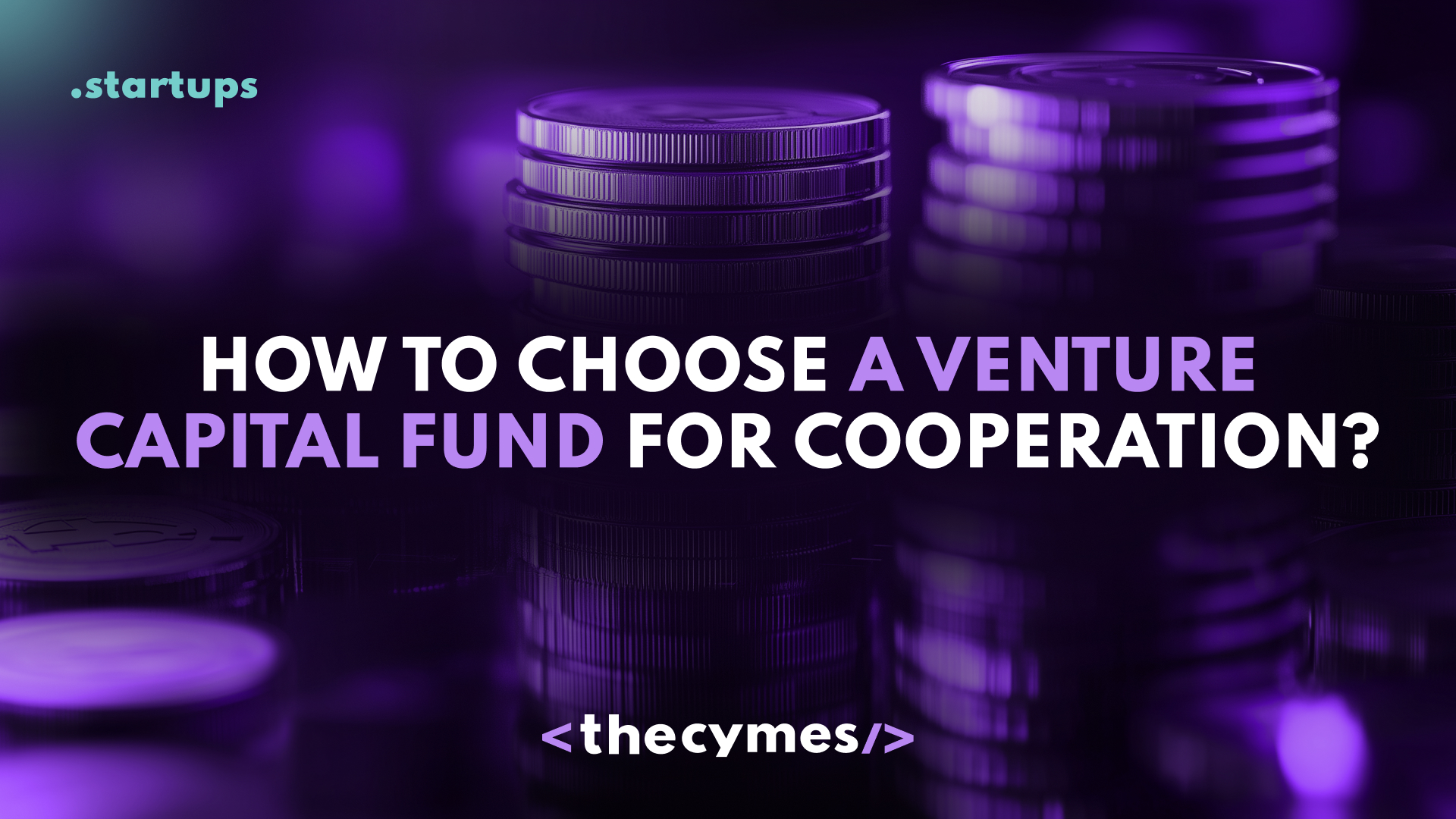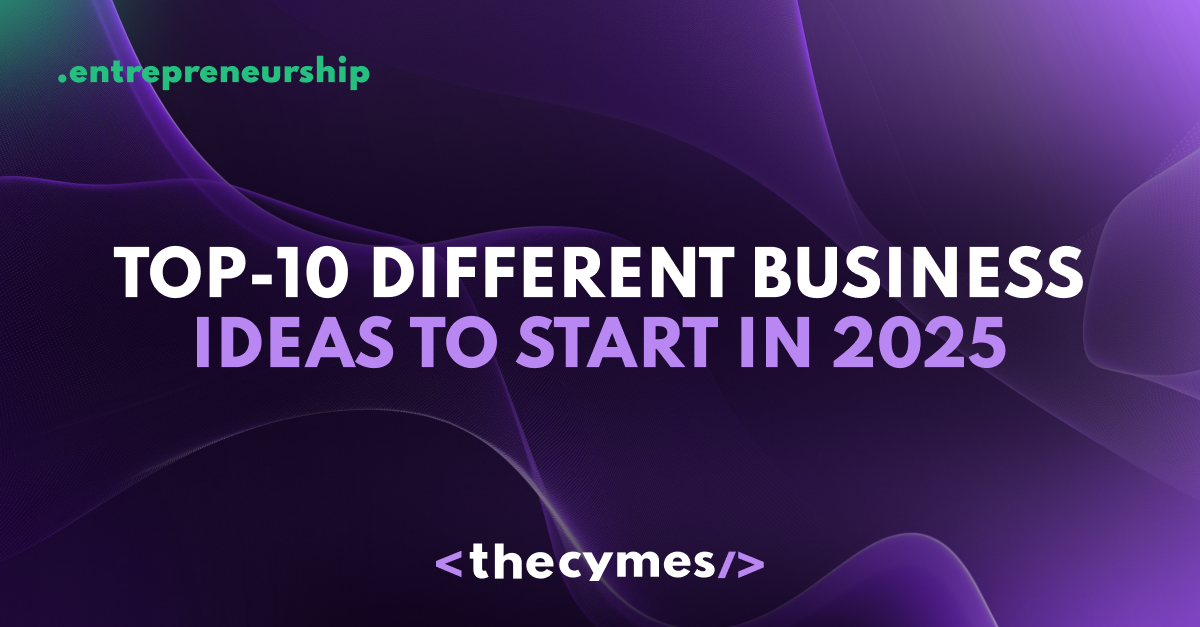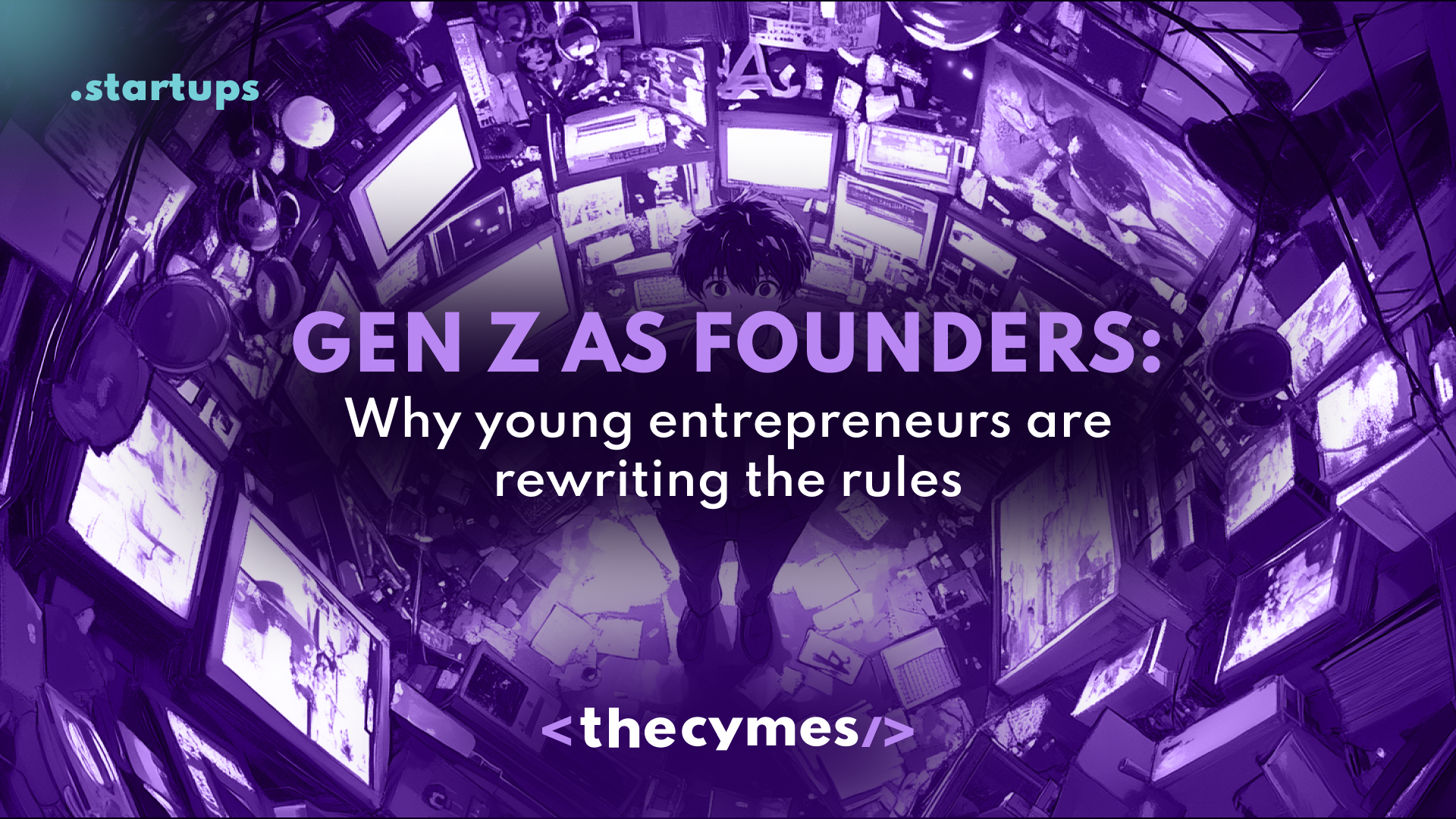.business venture14 May 11:57
0<
How to choose a venture capital fund for cooperation?
/>This article will help you figure out what to look for, how to behave and what questions to ask. be updated on the latest tech newsGet exclusive news updates and overview on tech market




